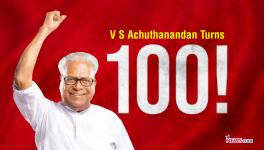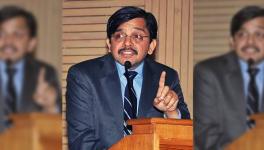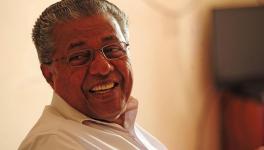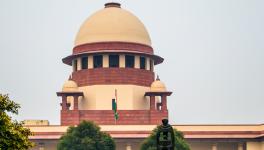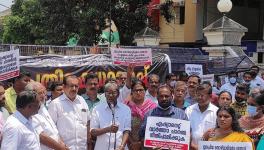When There’s is an Oppressive State, Hope is in the Judiciary: Justice S Muralidhar
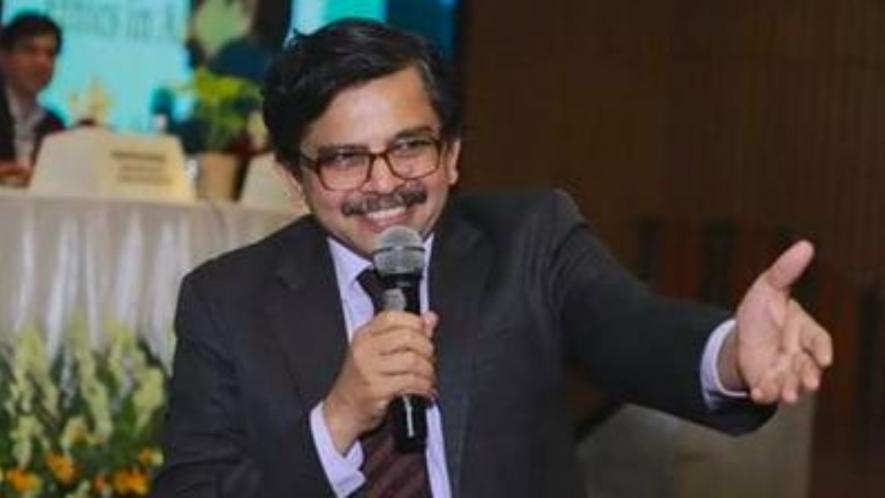
Justice S Muralidhar. Image Courtesy: PTI
New Delhi: Former Chief Justice of Orissa High Court, Justice S Muralidhar, delivered a thought-provoking lecture at the Kerala High Court Auditorium on the topic of 'Independence of the Judiciary.' His address emphasised the judiciary's critical role as a counter-majority organ of the State, highlighting the need for an independent and impartial judiciary in a country like India.
The event was organised by the Academy for Advanced Legal Studies and Training and saw Justice Muralidhar assert that governments often attempt to control various branches of the state. To counter this trend, he stressed the importance of a strong and independent judiciary capable of supporting the oppressed, dissenters, and minorities.
According to a report published in Live Law, Justice Muralidhar's lecture began with a powerful statement: "When there is an oppressive state, the hope is in the judiciary." He underlined the judiciary's role in protecting the weak and acting as a check on excesses by the majority. He explained that the Indian Constitution safeguards both the strong and the weak, with a particular emphasis on the latter, making it the judiciary's responsibility to protect those in vulnerable positions.
Justice Muralidhar highlighted that the impartiality and fearlessness of the judiciary are essential facets of its functioning. He stated, "To check the excesses of the state, you need an independent and impartial judiciary." He emphasised that the Constitution itself serves as a barrier to excessive state power.
The former Chief Justice also discussed the issue of orders of the court not being respected, which challenges the legitimacy of the judiciary's functioning. He pointed to the recent case of the extension of the Director of the Enforcement Directorate (ED) term by the Supreme Court as an example of this challenge. He commented, "This is a serious issue. The most recent example is the extension of the term of the Director of ED."
Justice Muralidhar drew attention to the Centre's stance in the NewsClick case before the Delhi High Court, where the government planned to file a review against a Supreme Court judgment regarding the furnishing of grounds of arrest under the Prevention of Money Laundering Act (PMLA).
“Another instance is the recent judgment by Justice Bopanna and Sanjay Kumar on grounds of arrest being furnished to the arrestee under PMLA. The government has already told the Delhi High Court that it is filing a review,” he said. The judgment being referred to is the judgment in Pankaj Bansal V Union of India, where the Supreme Court has held that the grounds of arrest need to be furnished in writing to the arrestee under the Prevention of Money Laundering Act.
Another significant concern raised by Justice Muralidhar was executive interference in judicial appointments, which he deemed a substantial factor affecting judicial independence. He expressed concerns over the executive's practice of delaying the approval of collegium recommendations to manipulate the seniority of judges. He mentioned how Justice KM Joseph's elevation to the Supreme Court was delayed to tinker with his seniority.
Highlighting the judiciary's voice in this matter, Justice Muralidhar referred to Justice Sanjay Kishan Kaul of the Supreme Court, who suggested that there appeared to be an additional level of screening used to delay appointments.
Regarding executive interference, Justice Muralidhar pointed out that it occurs at the High Court level as well. He mentioned an incident in Orissa where seniority was altered without a clear reason, interfering with the appointment of judges.
Concluding his lecture, Justice Muralidhar stressed the need for greater transparency in the collegium system. He emphasised the importance of open debate based on empirical data to understand how the executive and judiciary make decisions regarding judicial appointments, emphasising that simply changing the system may not yield the desired results.
The lecture ended with a poignant quote from the case of Madras Bar Association V. Union of India: "Impartiality is the soul of the judiciary, independence is the lifeblood of the judiciary. Without independence, impartiality cannot thrive. Independence is not freedom for judges to do what they like. It is the independence of judicial thought."
Get the latest reports & analysis with people's perspective on Protests, movements & deep analytical videos, discussions of the current affairs in your Telegram app. Subscribe to NewsClick's Telegram channel & get Real-Time updates on stories, as they get published on our website.












